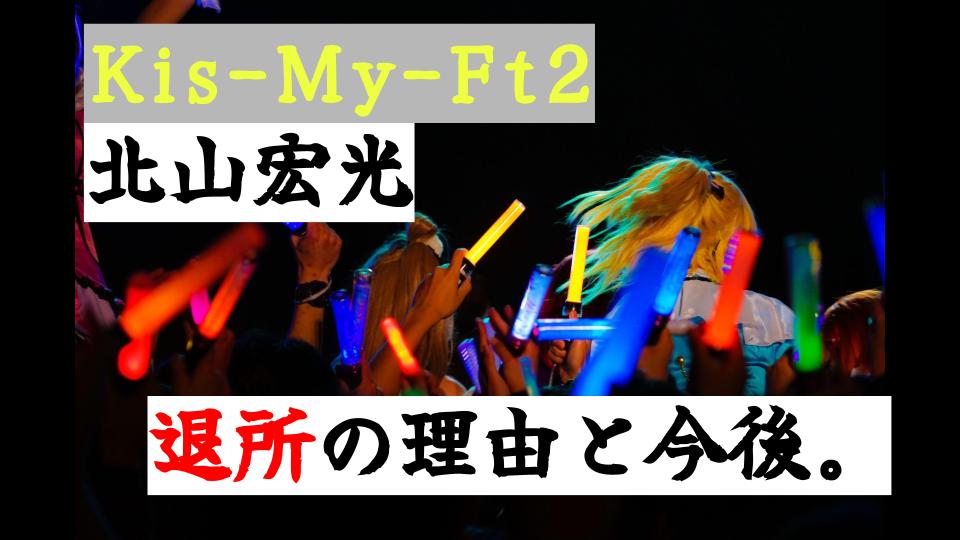Yamamoto Taro’s violent act in immigration law vote. What are the reactions to the disciplinary motion?
In this article, we will explain in detail Yamamoto Taro’s action and its background, the pros and cons of the disciplinary motion, the content of the immigration law revision and the opposition movement. Why did Yamamoto Taro resort to violence? Is the disciplinary motion necessary? What are the problems with the immigration law revision? We will answer these questions by dividing them into the following sections.
Yamamoto Taro’s violent act and its background
Yamamoto Taro, leader of Reiwa Shinsengumi, tried to jump at the chairman, Sugihisa Take (Komeito), around 10:30 am on June 8, when the vote on the immigration law revision was held at the House of Councilors Judicial Affairs Committee. In doing so, he hit several ruling party lawmakers, including Yohai Wakabayashi and Fukuoka Shisui of the Liberal Democratic Party, and injured them.
Yamamoto Taro strongly protested, saying “It’s an act of taking people’s lives”, as the family of a Sri Lankan woman who died in an immigration facility was listening. The woman, Wishma, had applied for refugee status, but died in March this year after falling ill at the immigration facility and not receiving adequate medical care.
Yamamoto Taro is opposed to the immigration law revision, and fears that cases like Wishma’s will increase if this bill is enacted. Yamamoto Taro shouted, “Are refugee applicants not human?” and “Protect human rights”.
Yamamoto Taro told reporters after the committee meeting, “I’m not doing this as a human being. I’m not doing this as a member of parliament. I’m doing this as a human being”. He also apologized to those who were hit by his hand, but resisted, saying “This disciplinary motion is wrong”.
The pros and cons of the disciplinary motion
There are voices for and against Yamamoto Taro’s violent act. Those in favor argue that “violence is unacceptable”, while those against criticize that “this disciplinary motion is wrong”.
Some of the typical opinions in favor are as follows:
- Fukuoka Shisui, LDP member of the House of Councilors: “Violence is absolutely unacceptable. It is an unworthy act as a member of parliament. We will deal with it severely by submitting a disciplinary motion”.
- Yohai Wakabayashi, LDP member of the House of Councilors: “Yamamoto Taro swung his hand down and hit me in the face. I had a nosebleed that wouldn’t stop. Violence is unforgivable”.
- Ichiro Matsui, leader of Japan Innovation Party: “Yamamoto Taro’s action was inappropriate as a member of parliament. I agree with the disciplinary motion”.
Some of the typical opinions against are as follows:
- Yoni Konishi, Constitutional Democratic Party member of the House of Councilors: “This disciplinary motion is wrong. Yamamoto Taro did not jump at the chairman, he just tried to stand in front of him. The violence is unfounded”.
- Akira Koike, secretary-general of the Communist Party: “Yamamoto Taro’s action was a strong expression of protest against the immigration law revision. The disciplinary motion is something that interferes with the deliberation of parliament and cannot be accepted”.
- Yamamoto Taro, leader of Reiwa Shinsengumi: “The disciplinary motion is something that justifies human rights violations. It is impossible to punish what I am doing as a human being”.
As you can see, the pros and cons of the disciplinary motion are divided by how they interpret Yamamoto Taro’s action and how they evaluate the immigration law revision. The disciplinary motion is the most severe punishment for members of parliament and is submitted based on the National Diet Law. The National Diet Law stipulates that “when a member of parliament commits an improper act related to his or her duties, he or she may be disciplined”. The content of discipline includes “expulsion”, “suspension” and “salary reduction”.
The content of the immigration law revision and the opposition movement
The immigration law revision is expected to be passed and enacted at the House of Councilors plenary session on June 9. This bill aims to deal with cases where refugee applicants repeatedly avoid deportation by making their third or subsequent applications subject to deportation suspension only if there is a “reasonable reason”.
The government claims that this bill is intended to prevent unfair refugee applications and strengthen genuine refugee protection. According to the government, the number of refugee applicants increased by about 10 times from 2010 to 2017, reaching over 19,000 in 2017, but only less than 20 of them were recognized. The government points out that “many refugee applicants are for the purpose of working and try to obtain residence status and welfare by repeating applications”.
On the other hand, this bill is opposed by opposition parties and civil groups such as the Constitutional Democratic Party, the Communist Party, and Reiwa Shinsengumi, who claim that it violates human rights and endangers lives. The opposition argues that “making the third or subsequent applications subject to deportation suspension only if there is a reasonable reason violates international law and the constitution”. According to the opposition, many refugee applicants are people who are persecuted and subjected to violence in their home countries, and they repeat applications as a desperate act to protect their lives. The opposition criticizes that “it is inhumane to strengthen the authority of immigration without solving the problems of human rights violations, medical negligence, and death accidents at immigration facilities”.
The movement against this bill is carried out in various forms, such as demonstrations and signature campaigns in front of parliament. Many people participate in the opposition movement, such as refugee applicants and supporters, lawyers and scholars, celebrities and citizens. There are also groups in the opposition movement, such as “Network for Abolishing the Immigration Law Revision” and “Lawyers’ Association Opposing the Immigration Law Revision”.
Summary
In this article, we explained in detail Yamamoto Taro’s violent act and its background, the pros and cons of the disciplinary motion, the content of the immigration law revision and the opposition movement. Yamamoto Taro tried to jump at the chairman as a strong expression of protest against the immigration law revision, but was blocked by ruling party lawmakers. There are voices for and against this action, and a disciplinary motion may be submitted. The immigration law revision is expected to be passed and enacted on June 9, but this bill is opposed by opposition parties and civil groups who claim that it violates human rights and endangers lives, and demonstrations are also held in front of parliament.


